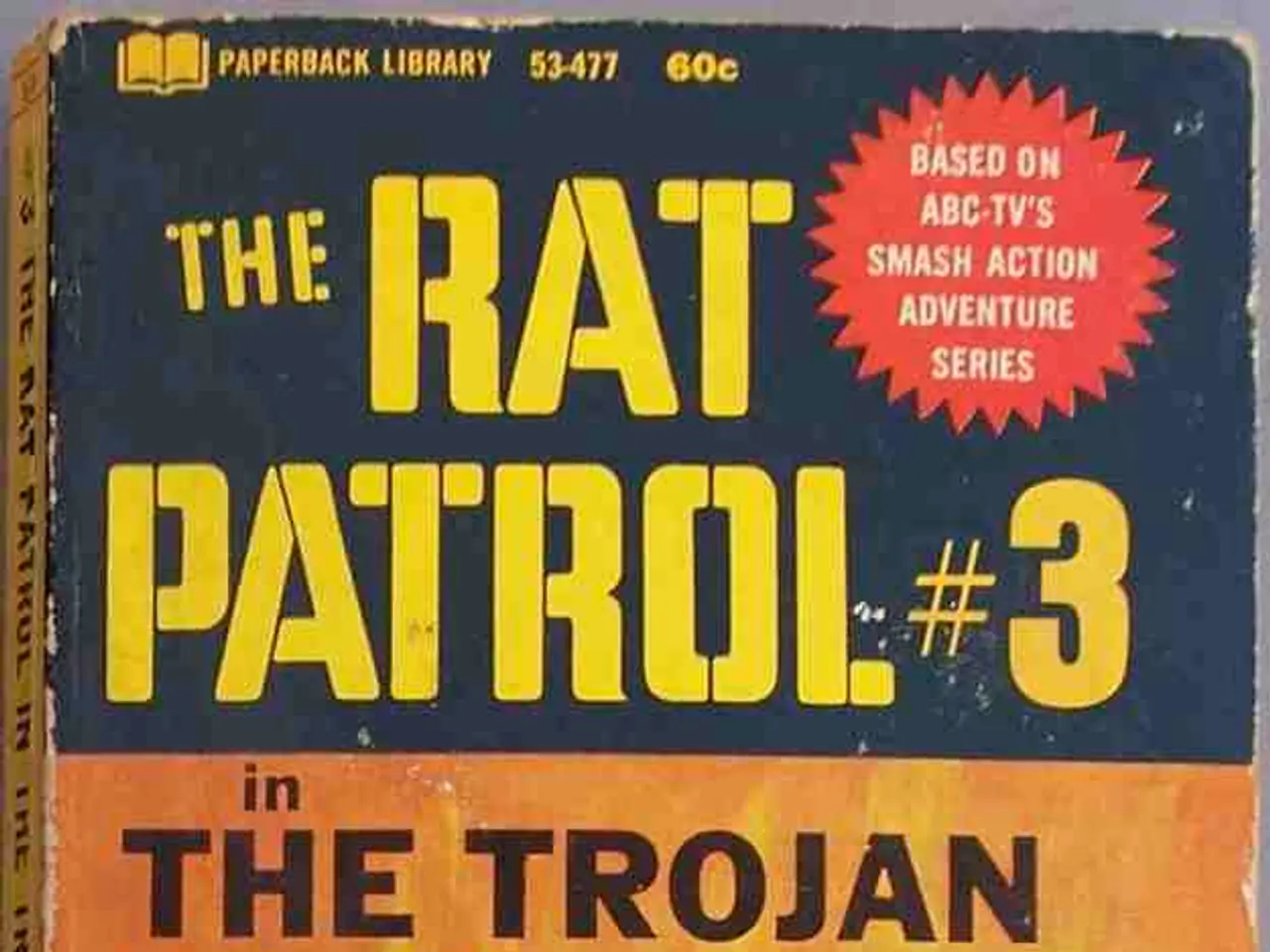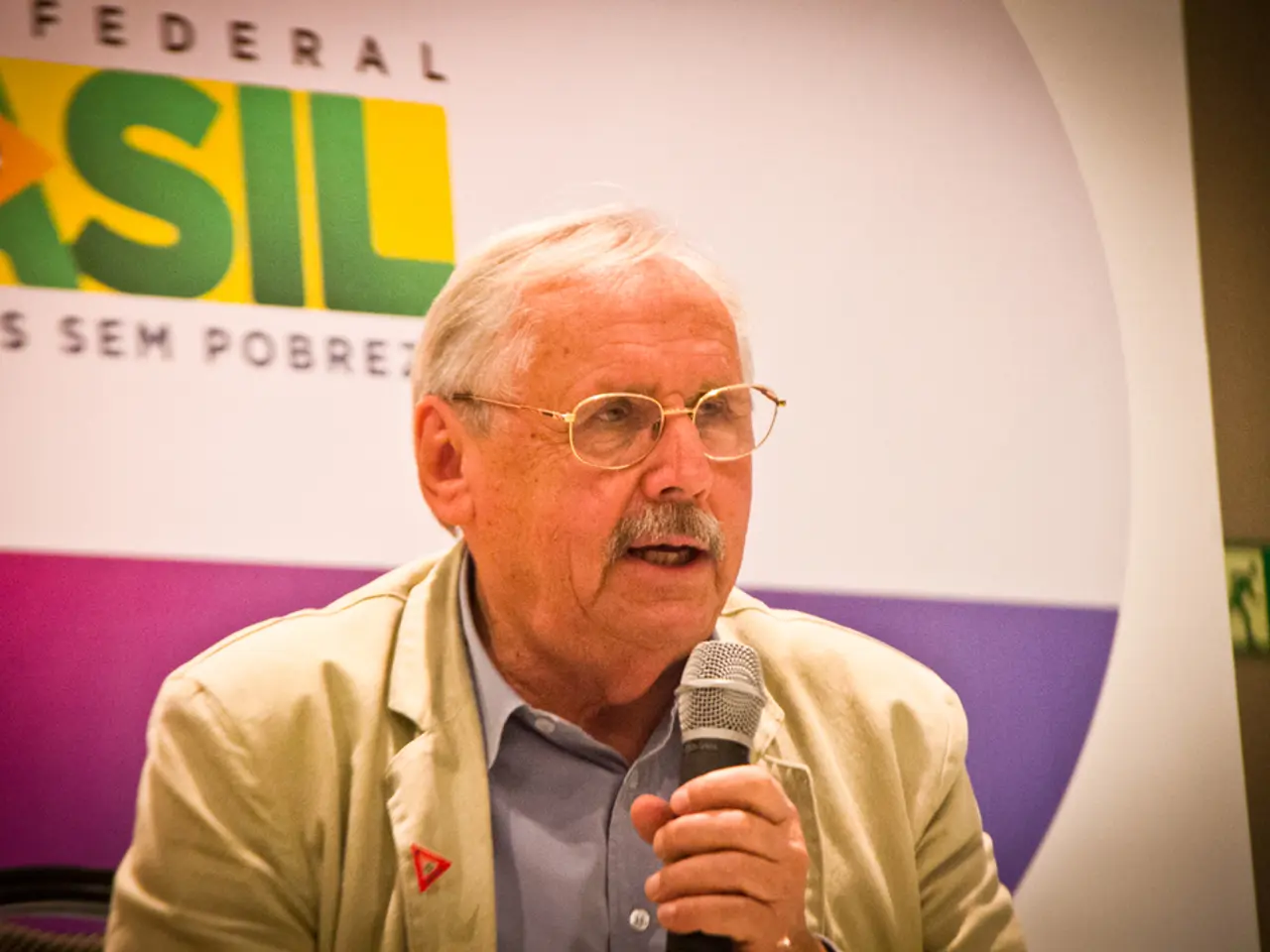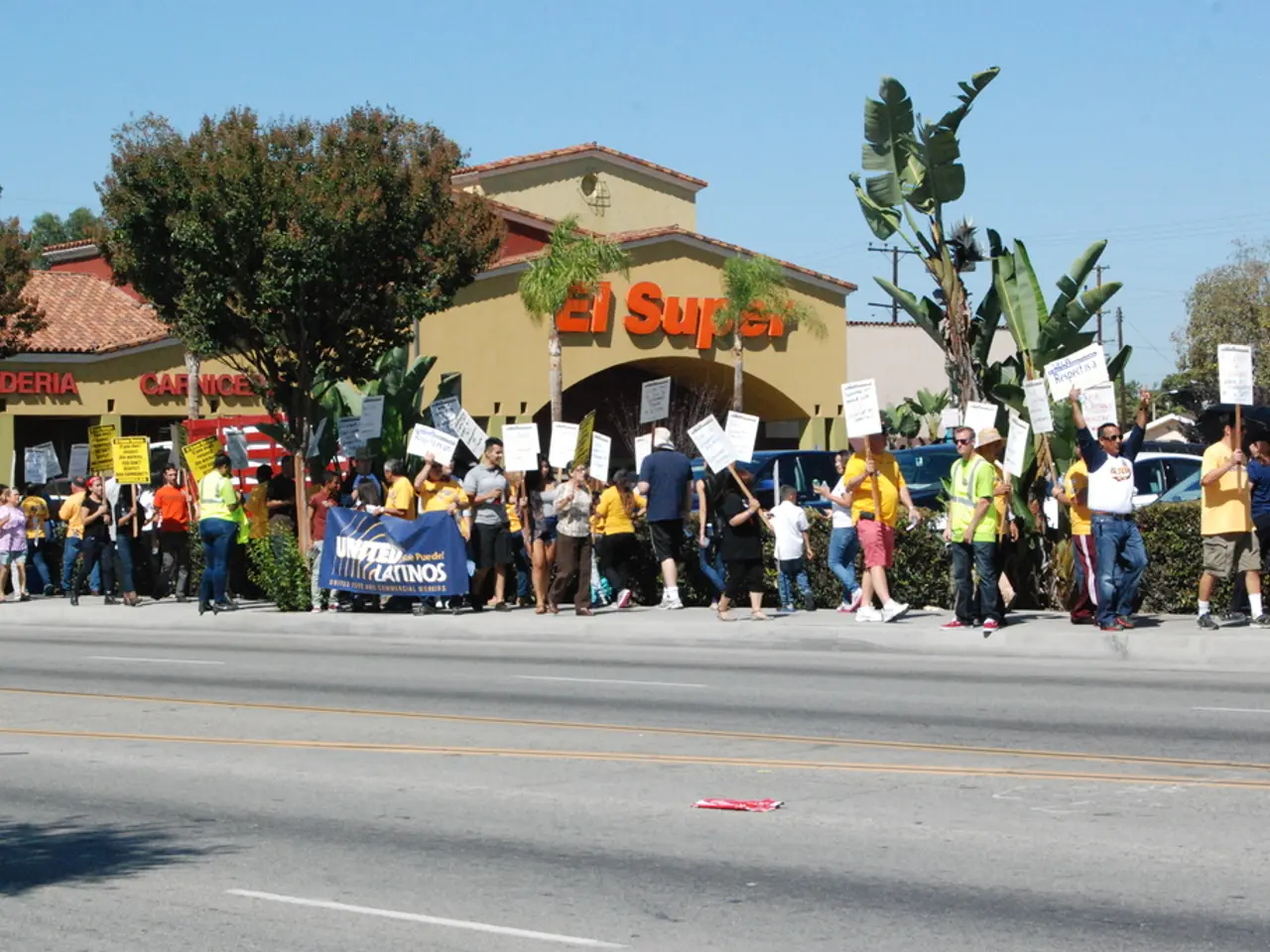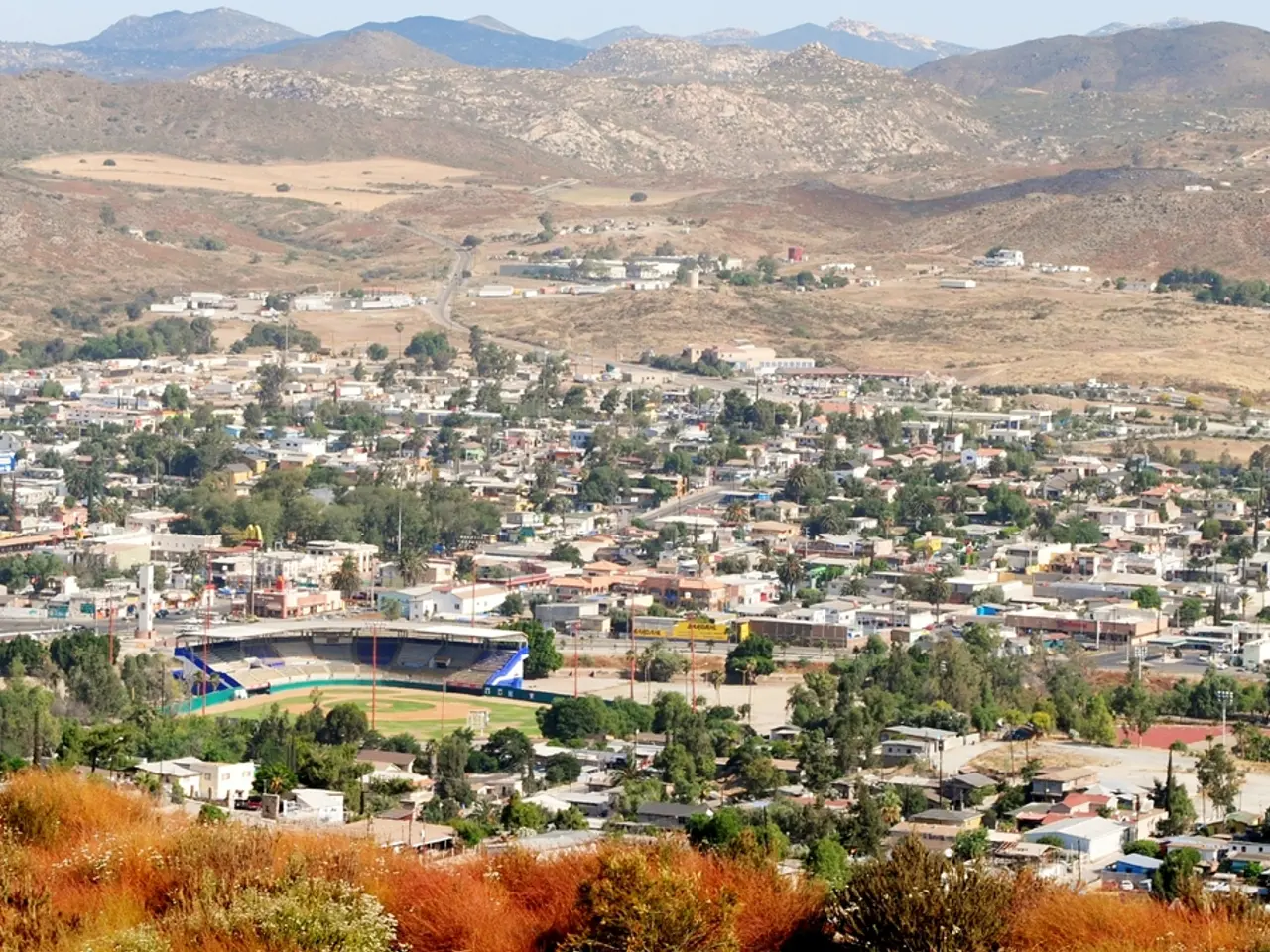Decision on the implementation of the novel regulations remains outstanding by the Commission.
Canada's Past and Present Relationship with Apartheid
Canada's history with apartheid is marked by opposition and support for the anti-apartheid movement in South Africa, while its current involvement in the Israeli-Palestinian conflict centres around diplomatic engagement and advocacy.
Apartheid in South Africa: A Legacy of Segregation
Apartheid, a system of institutionalized racial segregation and discrimination, was enforced by South Africa's National Party starting in 1948 [1][2]. For years, people who opposed apartheid were often accused of sympathizing with terrorism and communism, allowing proponents of normal economic exchanges with South Africa to avoid confronting the fundamental immorality of their actions [0].
Canada, however, played a role in supporting the struggle against apartheid. This was evident in Nelson Mandela's 1990 visit to Canada, where he addressed the House of Commons and Senate, highlighting the ongoing apartheid system and Canada's role in its dismantling [3]. Mandela's visit symbolized Canada's commitment to opposing apartheid and supporting liberation movements in South Africa. The apartheid regime officially ended in the early 1990s, with South Africa's first universal elections in 1994, leading to Mandela’s presidency [1][5].
Canada and the Israeli-Palestinian Conflict: Diplomatic Engagement and Advocacy
Canada is currently facing domestic and international pressure regarding its stance on the Israeli-Palestinian conflict. Canadian human rights organizations like Amnesty Canada have used terms such as "apartheid" to describe Israeli policies impacting Palestinians, demanding justice and calling for an end to what they characterize as an apartheid system [4].
While Canada traditionally supports a two-state solution and diplomatic negotiations, discussions around Israel’s policies and accusations of apartheid have increased in Canadian public discourse. The Canadian government's involvement tends to emphasize peace efforts and humanitarian concerns rather than direct interventions akin to its anti-apartheid support in South Africa.
Recently, the Caisse de dépôt et placement du Québec (La Caisse) was singled out in a report by the United Nations Special Rapporteur on the situation of human rights in the occupied Palestinian territories since 1967 for holding interests in companies contributing to the destruction in Palestine [8]. Charles Emond, the CEO of La Caisse, denied the allegations in July, stating that La Caisse has committed to not allowing any new investments in Israel and the occupied Palestinian territories [9].
The Coalition du Québec Urgence Palestine, a coalition of unions, political parties, international cooperation organizations, women's groups, and community organizations, is primarily organizing the mobilization to put pressure on La Caisse [6]. The Coalition published an open letter that prompted a response from La Caisse’s CEO [10].
In 1977, Pierre Trudeau's government announced an embargo on the sale of arms to South Africa, but subsequent investigations revealed that the policy was often not enforced, and arms exchanges continued [7]. Decades prior, Canadian governments, including those of Diefenbaker, Pearson, and Trudeau Sr., continued investments in South Africa's mining industry despite their gradual distancing from the apartheid regime's structural racism [11].
In 1983, a task force on churches and corporate responsibility, formed by several Christian groups in Canada, forced Ottawa to take a closer look at the investments and commercial exchanges that persisted despite political rhetoric to the contrary [12]. Brian Mulroney imposed economic sanctions on South Africa in 1986 in response to years of popular pressure and a meeting with Desmond Tutu [1].
Today, Canadian companies are resisting the shift towards anti-LGBTQ+ EDI in the US [13]. The Liberals, led by Rodriguez, are ahead of the CAQ in the same poll [14]. The Parti québécois is currently leading in another poll [15].
In summary, Canada historically opposed South African apartheid through diplomatic and moral support for liberation leaders such as Nelson Mandela, contributing to the global pressure that helped end apartheid. Currently, Canada is engaged in the Israeli-Palestinian conflict mainly through diplomatic channels, with growing activism highlighting allegations of apartheid practices by Israel affecting Palestinians [3][4].
- The Canadian government's policy and legislation regarding the Israeli-Palestinian conflict, similar to its past stance on apartheid in South Africa, involves diplomatic engagement and advocacy.
- Migration and politics in Canada have been influenced by war-and-conflicts, as highlighted by the anti-apartheid movement and the Israeli-Palestinian conflict.
- General news outlets often cover accidents, fires, and crime-and-justice stories, but also significantly report on political events such as Canada's past and present relationship with apartheid and the ongoing Israeli-Palestinian conflict.
- Canadian human rights organizations like Amnesty Canada have been associated with policy-and-legislation regarding the Israeli-Palestinian conflict, using terms such as "apartheid" to describe Israeli policies impacting Palestinians.
- At the same time Canada is dealing with domestic and international pressure regarding its stance on the Israeli-Palestinian conflict, some Canadian companies are resisting the shift towards anti-LGBTQ+ EDI, which can be compared to past controversies surrounding investments in South Africa's apartheid regime.





